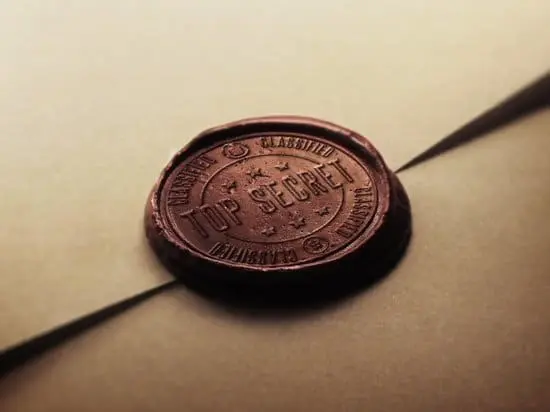The Federal Security Service of the Russian Federation has published documents that tell about Japan’s preparations for an attack on the Soviet Union during World War II. Previously, these materials had a top-secret status.
The publication is timed to coincide with the 73rd anniversary of the completion of the Tokyo Trial – the International Military Tribunal for the Far East over the main Japanese war criminals.
Including the reports of interrogations of six high-ranking Japanese war criminals are presented.
On November 12, 1948, the International Military Tribunal (MWT) for the Far East (Tokyo Trial) over the main Japanese war criminals ended. The Tokyo trial, which began on May 3, 1946, was longer than the MWT in Nuremberg over the main Nazi criminals (November 20, 1945 – October 1, 1946).
The MWT for the Far East was formed by the order of the commander-in-chief of the Allied forces in the Far East, General Douglas MacArthur, dated January 19, 1946, in accordance with the decision of the Potstdam Conference of the leaders of the Big Three – the USSR, the USA and Great Britain, which determined: “All war criminals, including those who committed atrocities against the captives, must be severely punished. “
The IMT verdict for the Far East reflected, among other things, the facts of horrific, inhuman crimes committed by Japanese soldiers against prisoners of war. Thus, the chapter of the verdict “War crimes under the conventions” contained a section “Vivisection and cannibalism”, in which the following examples were given:
– “They found the dismembered corpses of prisoners of war. Prisoners of war were killed, and before that they were tortured, their legs and arms were cut off ”;
“By the end of the Pacific War, the Japanese army and navy had sunk to cannibalism, eating parts of the bodies of allied prisoners of war they illegally killed. This practice took place not without the knowledge and consent of the command of the Japanese army … Even officers in the rank of general and rear admiral took part in this. The meat of killed prisoners or soup made from such meat was served to the table of the Japanese of a rank below the officer … “.
* * *
On October 18, 1956, Deputy Minister of Internal Affairs, Lieutenant General Semyon Perevertkin, sent to the Central Committee of the CPSU and the Council of Ministers of the USSR Memorandum No. 6683 / p and a certificate “On the number of Japanese army prisoners of war taken prisoner by Soviet troops in 1945”. According to the document, the Red Army units captured 639,776 soldiers of the Japanese Imperial Army, of which 609,448 were Japanese and 30,328 Chinese, Koreans, Mongols, etc. Among the Japanese prisoners of war there were 163 generals, 26,573 officers and 582,172 non-commissioned officers and privates.
Based on the experience gained by the Smersh counterintelligence agencies in Germany and other countries of Eastern and Central Europe in the search for Nazi criminals and their accomplices, special task forces were created in the Smersh counterintelligence departments of Zabaikalsky, 1 of the 1st and 2nd Far Eastern fronts to identify among the Japanese prisoners of war persons who have committed war crimes.
On February 13, 1946, Colonel-General Viktor Abakumov, the head of the Smersh GUKR of the NKO of the USSR, sent to the Council of People’s Commissars of the USSR a memorandum addressed to Joseph Stalin and Vyacheslav Molotov, number 990 / A, about the testimony of the Japanese detained during the defeat of the Kwantung Army, who testified about Japan’s plans to unleash a war against the USSR with the use of bacteriological weapons.







